
Ahh, the Police. New wave’s chief export of white reggae, syncopated drumming, songs about prostitutes, and, uh…Sting. The Police comprises Sting (née Gordon Sumner, which is pretty close to ALF’s real name too!) on vocals and bass, Stewart Copeland on drums and percussion, and Andy Summers on guitar. When you’re the lead guitarist and you get third billed out of three in your band, then take stock of your life. Good thing the Police were extremely successful! But yes, nobody knows Andy Summers and no one cares.
The band’s beginnings were not entirely glamourous. All three members were seasoned musicians; Sting played for jazz fusion band Last Exit, Copeland drummed for prog-folk band Curved Air, and Summers had played with Soft Machine’s Kevin Ayers and the Animals, among many others. As the Police they got gigs here and there, trying desperately to make money to fund their efforts, even bleaching their hair for a Wrigley’s gum commercial that never saw the light of day. Copeland’s brother is Miles Copeland, big-time record producer and, later, founder of I.R.S. Records. I can picture the scene now: the band with no record deal, no manager, no money, Stewart begging his brother to loan him £1,500 (which would be £7,570 or roughly $10,500 in 2021), and only being able to use the recording studio if someone else cancelled. This is how it really happened. Miles would even pop into the studio once in a while and he hated everything that he heard. He even hated Andy Summers and suggested that Sting and Stewart cut him loose. The Police were on the fast track to complete invisibility. Sting would soon have to flip burgers at whatever they had in England at the time. McDonald’s? That’s the one!
But, when Miles Copeland heard “Roxanne” he was finally on board, and he worked to get their record deal secured with A&M Records. The rest is history, and now we as a world have to endure Sting and his face and his spiky receding hairline. The name of the album comes from a very loose French translation, plus a play on words, of “Outlaws of Love”. The band combined “outlaws” and “commandos”, and if that wasn’t dumb enough, Miles Copeland originally proposed the name “Police Brutality”. Imagine an album with “So Lonely” on it called Police Brutality. Go ahead, imagine it…….lol
Outlandos d’Amour is a good debut, replete with reggae, rock, pop, punk, and jazz influences. Being seasoned musicians with varied backgrounds, all three could bring their own strengths to the table and create truly unique blend of styles. Nothing sounded like the Police before, nothing sounds like the Police since, and if that’s not a mark of originality then nothing is. Considering that all these songs were recorded piecemeal over six months in a shitty English studio, the pacing and sequencing are good enough that you’d never even know. Sting remembers personally being blissfully optimistic and not letting all the less-than-ideal circumstances affect his outlook during the whole process, which is ANNOYINGLY inspirational and good for him. It shows in their work.
The album starts with punkiest song the Police ever wrote and it still isn’t that punky: “Next To You” begins Ramones-y enough, sort of, with Copeland’s driving drums and an urgent, memorable punk riff. The call-and-response between the riff and the vocals, though, are more in blues territory, and no one would ever, ever, ever, in a million buttfucking years, confuse Sting’s voice for something that has even glanced at map containing Punk Territory, but people call “Next To You” Police’s punk song so I had better do it too or else Google won’t list my website above Page 300 when searching for “police brutality”. Honest-to-God truth, “Next To You” is a pretty fantastic kickoff, and one of my favorite moments in the ENTIRE POLICE DISCOGRAPHY is the short slide guitar solo with the tense rhythmic accompaniment. Stuff like that is designed to hook you in, I’m glad they bothered! And then the catchy repeated refrain at the end? “All I want is to be next you-ou!” Are these guys actually fun? Who would’ve thought?
Another major highlight includes the famous “Roxanne” with Sting’s shrill and cracking “R-O-O-O-XANNE!“. The band says no other song like “Roxanne” was on the radio at the time, which is probably what made it quite notorious in the first place, but for me I just love the idea of Sting himself falling in love with a sex worker and trying to help her out, and I imagine Roxanne completely disinterested and annoyed. It adds a whole new layer to the song for me. In fact, my painting of Sting as some sort of bumbling loser is probably what makes me appreciate this band so much. It works just as well for the Smiths! Anyway, I’m also a fan of “Peanuts”, a fast-paced song that flexes some of Sting’s jazz background with an experimental cacophonous tapestry at the end. The subject matter revolves around the decline of Rod Stewart, one of Sting’s influences, and the “peanut gallery” of rock journalism that keeps giving Rod Stewart shit. Sting later regrets admitting that the song is about Rowdy Roddy (since he was afraid of the same decline himself), but I think he deserves it anyway. Fuck Rod Stewart. You also get the hits “So Lonely” and “Can’t Stand Losing You” on this record, which serve to prove (to me at least) that the early singles blow the later singles out of the water every time, and showing early on the range and sensibilities of the band minus the late-edition schmaltziness that we get from the likes of Synchronicity.
Most of these songs are excellent; in spite of any early inconsistencies with the band finding their voice and sound, a lot of their music seems to have been established right away. I do, however, have a problem with two songs in particular: the first is “Born in the ’50s”, which is dated and embarrassing, revolving around generational arrogance with a “fuck you, old man! We were born in the ’50s” message. I don’t care when you were born, be it the ’80s or fourteen years ago or 1832, this shit makes me cringe. The second is “Be My Girl – Sally”, which begins deceptively enjoyable and unassuming like a damn Archies song (“Won’t you be my girl?/Won’t you be my girl?/Won’t you be my, be my, be my girl?“) and then shifts suddenly into some Andy Summers spoken word poetry about porking a blowup doll, which would be funny if it didn’t go on so long and actually had, you know, music going on at the same time. This won’t be the last time Summers shares his disturbed sexual proclivity, so look forward to more of that I guess.
The Police would assuredly get better, but even if this was the best they ever got it would still be pretty ok. Some would argue that each successive album improves upon the previous, but I don’t agree with that. I’d rather throw their debut on over Ghost in the Machine or Synchronicity any day, mostly due to the band’s early energy and lack of jerk-me-off balladry. You can take that to the bank. POLICE BRUTALITY! YEAH!

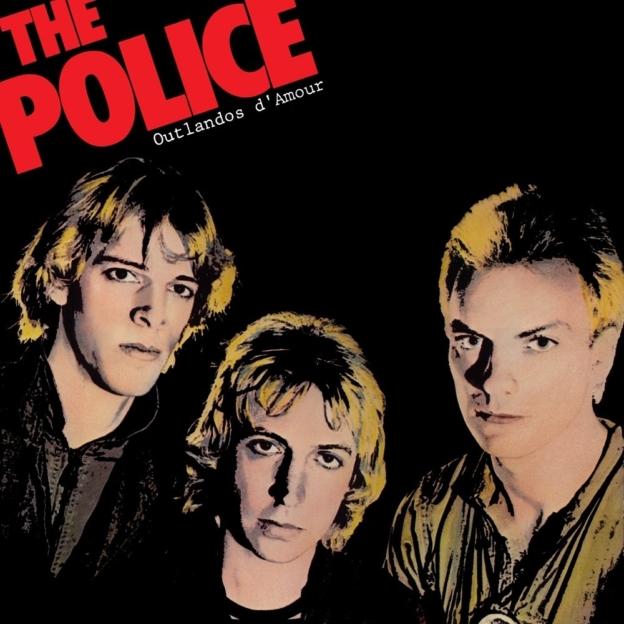
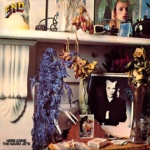
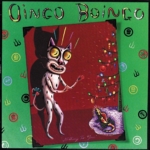
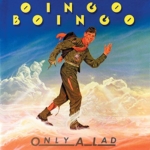

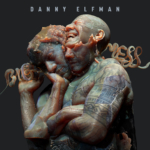

Click here to ridicule this post!